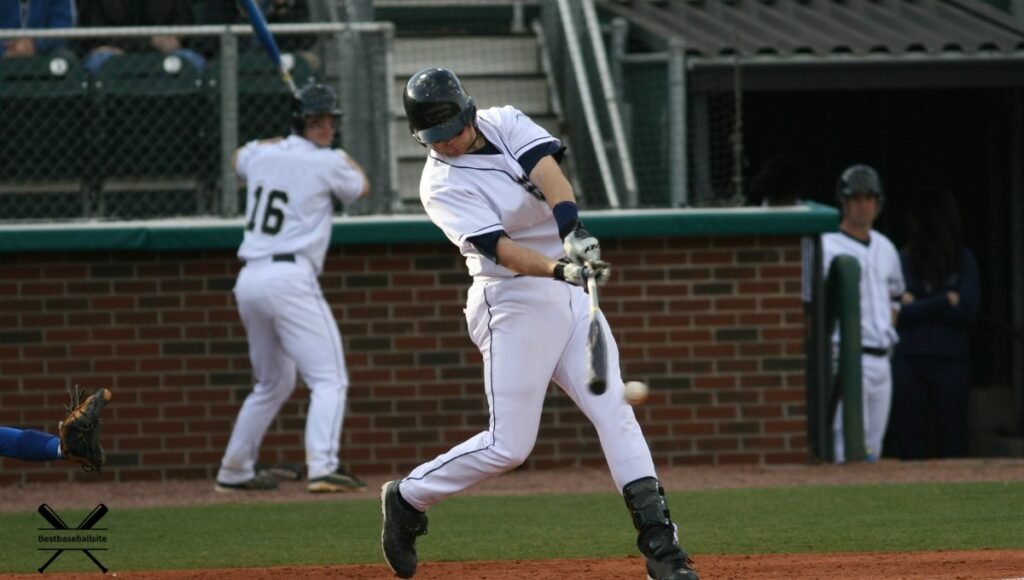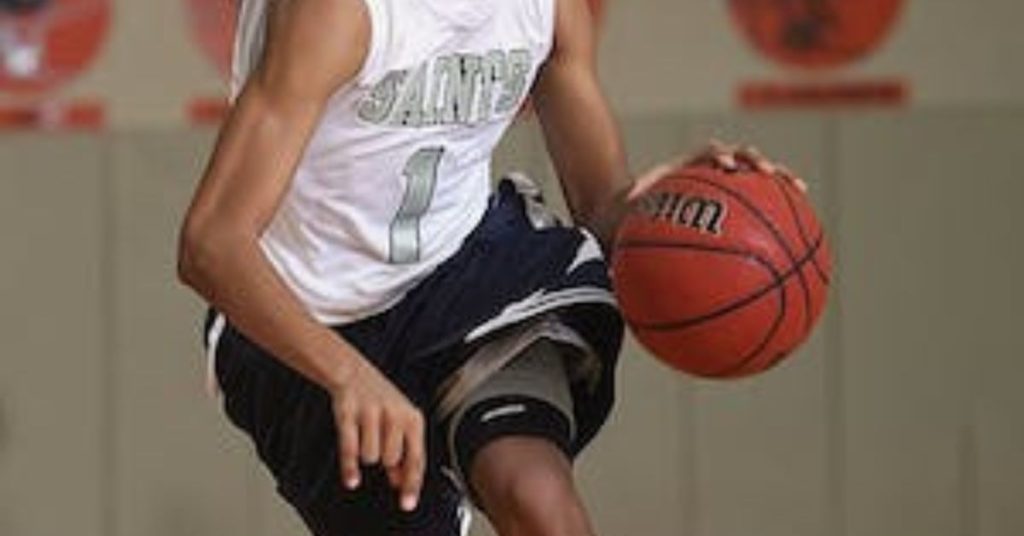In the thrilling world of baseball, player safety is a significant concern. One aspect often under scrutiny is the use of mouthguards. But do baseball players wear mouthguards? This comprehensive guide will delve into the multifaceted world of mouthguard use in baseball, exploring advantages, regulations, selection processes, and controversies.
General Use of Mouthguards in Baseball
Do all baseball players wear mouthguards?
Not all baseball players wear mouthguards. The usage varies depending on factors like personal preference, position played, and league rules.
Is it a requirement for baseball players to wear mouthguards?
While not universally required, some leagues and teams may have regulations that mandate using mouthguards, particularly in youth and amateur leagues focusing on player safety.
How prevalent is the use of mouthguards among professional baseball players?
The prevalence of mouthguards in professional baseball is not as high as in contact sports like football or hockey. However, certain players choose to wear them, especially those in more vulnerable positions such as the catcher.
General Use of Mouthguards
| Aspect | Details |
|---|---|
| Mouthguard Usage | Not all players wear mouthguards – this varies based on personal preference, position, and league rules. |
| Requirement | Some leagues, especially youth and amateur ones, may mandate mouthguards. |
| Prevalence in Professional Baseball | It’s not as common as in contact sports, but some players, especially catchers, opt to wear them. |
Benefits of Wearing Mouthguards
What are the advantages of wearing mouthguards for baseball players?
Mouthguards protect the teeth, lips, and tongue from injury. They can also reduce the risk of concussions and lessen the impact of blows to the face.
How do mouthguards protect baseball players?
Mouthguards act as a cushion, distributing the force of a blow across a larger area and reducing the risk of injuries like chipped or broken teeth, cuts to the lips and tongue, and jaw injuries.
Can wearing a mouthguard impact a baseball player’s performance?
While some players may find a mouthguard uncomfortable or distracting, others report that they feel safer and more confident, which can indirectly improve their performance.
- Protection: Mouthguards protect against dental and facial injuries.
- Concussion Risk: They can reduce the risk of concussions from blows to the face.
- Performance Impact: While potentially distracting, some players report feeling safer and more confident.
Risks of Not Wearing Mouthguards
What are the potential risks if a baseball player doesn’t wear a mouthguard?
Without a mouthguard, a player is at a higher risk of dental injuries, including chipped or broken teeth, and facial injuries. They may also have an increased risk of concussions from blows to the face.
Do baseball coaches advise their players to wear mouthguards?
While it varies, many baseball coaches encourage the use of mouthguards, especially for positions like the catcher where the risk of facial injury is higher.
Risks of Not Wearing Mouthguards
| Aspect | Details |
|---|---|
| Dental and Facial Injuries | Without a mouthguard, players are at higher risk of these injuries. |
| Concussion Risk | Blows to the face without a mouthguard can increase concussion risk. |
| Coaches’ Advice | Many coaches encourage mouthguard use, especially for high-risk positions like catchers. |
Mouthguards and Specific Positions
Do baseball catchers specifically wear mouthguards?
Catchers, due to their position directly behind the batter, are at a higher risk of facial injuries and often choose to wear mouthguards for added protection.
Is it common for baseball pitchers to wear mouthguards?
Pitchers less commonly wear mouthguards as they are at a lower risk of facial injuries. However, some may choose to for personal preference or additional safety.
Do baseball players in all positions wear mouthguards?
Mouthguard use varies by position, with those at higher risk of facial injuries, like catchers and batters, more likely to wear them. However, any player can choose to wear one for added protection.
- Catchers: Often wear mouthguards due to a higher risk of facial injuries.
- Pitchers: Less commonly wear mouthguards due to lower risk.
- All Positions: Mouthguard use varies, but players can wear one for added safety.
Mouthguard Selection and Maintenance
What kind of mouthguards are recommended for baseball players?
Baseball players should use custom-fitted mouthguards for the best protection and comfort. Over-the-counter options are also available.
How can a baseball player select the right mouthguard?
Choosing the right mouthguard depends on factors such as fit, comfort, and level of protection. Players may need to try several types before finding the right one.
What is the proper way to clean and maintain a mouthguard for baseball?
Mouthguards should be washed with soap and water after each use, stored in a vented container, and replaced regularly to maintain hygiene and effectiveness.
Are custom-fitted mouthguards better for baseball players?
Custom-fitted mouthguards offer the best fit and protection, but they are also more expensive. Over-the-counter options can be a good choice for those on a budget.
Mouthguard Selection and Maintenance
| Aspect | Details |
|---|---|
| Types of Mouthguards | Custom-fitted mouthguards are recommended for best fit and protection. |
| Selecting a Mouthguard | Factors to consider include fit, comfort, and level of protection. |
| Maintenance | Mouthguards should be cleaned after each use, stored properly, and replaced regularly. |
| Custom vs. Over-the-Counter | Custom-fitted mouthguards offer the best protection but are more expensive. |
Alternatives to Mouthguards
Are there alternatives to mouthguards for baseball players?
Few alternatives offer the same level of protection as a mouthguard. Some players may opt for lip guards or use helmets with additional facial protection.
Do baseball players wear mouthguards during training sessions?
While it depends on the player and the team, wearing mouthguards during training sessions can be beneficial for getting used to the feel and for added protection.
- Alternatives: Few alternatives offer the same protection. Some players use lip guards or helmets with added facial protection.
- Training: Wearing mouthguards during training can help players get used to them and add protection.
Controversies and Regulations Around Mouthguards
Are there specific regulations about mouthguards in baseball?
Mouthguard regulations vary by league. Some youth and amateur leagues require them, while in professional baseball, they are typically optional.
Are there leagues where mouthguards are compulsory for baseball players?
Some leagues, particularly at the youth and amateur levels, require mouthguards. However, this is not universal and varies by league and sometimes by position.
What are the rules about mouthguards in college baseball?
In college baseball, mouthguard use is typically not required, but individual teams may have their own rules.
Have there been any controversies related to baseball players wearing mouthguards?
While not a major source of controversy, debates often arise around whether mouthguards should be required in more leagues and positions due to their protective benefits.
Controversies and Regulations
| Aspect | Details |
|---|---|
| Regulations | Vary by league; some require mouthguards, particularly in youth and amateur leagues. |
| Compulsory Use | Some leagues require mouthguards, but this is not universal. |
| College Baseball | Mouthguards are typically not required, but individual teams may have their own rules. |
| Controversies | Debates often arise around whether mouthguards should be required due to their protective benefits. |
FAQs
Are mouthguards mandatory in professional baseball?
No, mouthguards are not universally mandatory in professional baseball. The rules regarding mouthguard use can vary depending on the specific league and sometimes the team. However, some players choose to wear mouthguards voluntarily for added protection, especially those in positions at a higher risk of facial injuries.
What factors should a player consider when selecting a mouthguard?
When selecting a mouthguard, a player should consider factors like fit, comfort, and level of protection. Custom-fitted mouthguards offer the best fit and protection, but they are more expensive than over-the-counter options. It might be necessary for players to try several types of mouthguards before finding the one that feels right for them.
Are there any controversies related to the use of mouthguards in baseball?
While not a major source of controversy, debates often arise around whether mouthguards should be required in more leagues and positions due to their protective benefits. Some believe that making mouthguards mandatory could significantly increase player safety. However, others argue that it should be a personal choice for each player as mouthguards can be uncomfortable or distracting for some.
Conclusion
The use of mouthguards in baseball is a complex subject that bridges player safety, comfort, performance, and regulations. As we’ve explored, the decision to wear a mouthguard involves many factors and is ultimately a personal one, though often influenced by position, league rules, and coaching advice.
Call to Action
Whether you’re a player, coach, or an interested spectator, understanding the role of mouthguards in baseball is crucial. Continue to educate yourself about player safety and make informed decisions. Remember, in sports, safety should always be the top priority.





